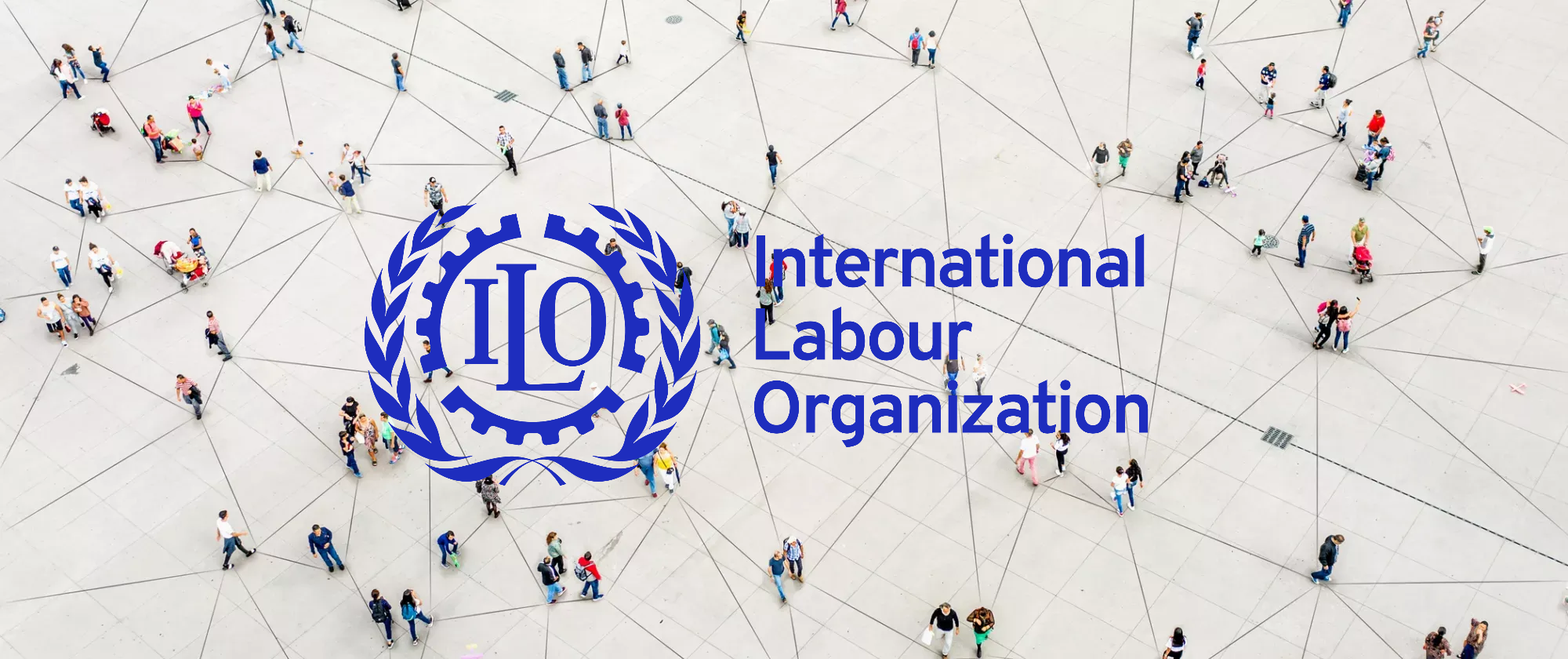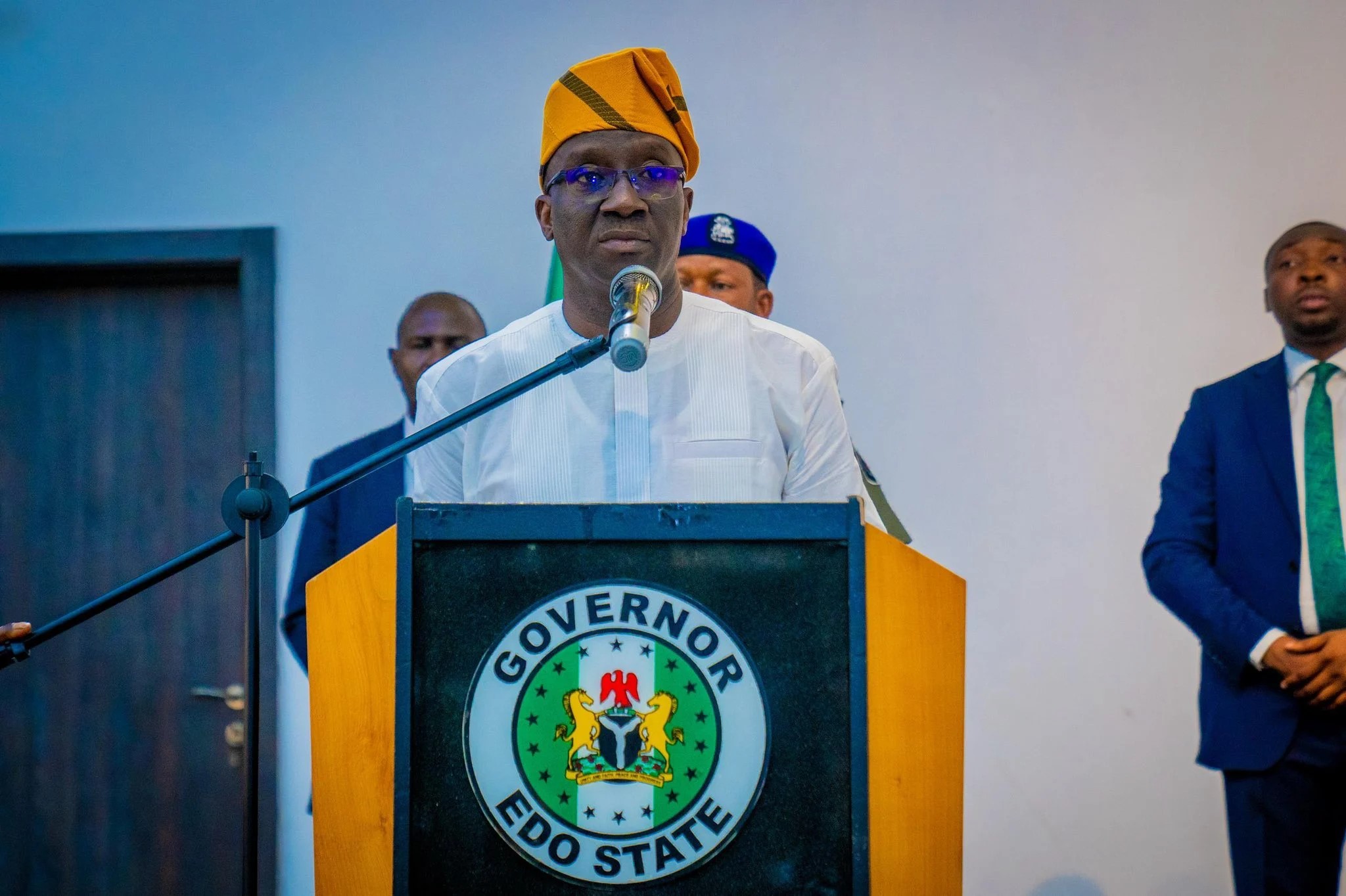
The International Labour Organization (ILO) has unveiled a global policy tracker designed to provide an up-to-date overview of legislative and policy initiatives regulating work on digital labour platforms worldwide.
The resource is intended to support evidence-based policymaking and foster social dialogue among governments, employers, and workers’ representatives in the rapidly expanding platform economy.
While digital labour platforms have created new markets for businesses and expanded job opportunities — particularly for women, young people, and persons with disabilities — they have also reshaped work organisation, raising concerns over fair income, social protection, occupational safety, and fundamental labour rights.
Part of the ILO Observatory on AI and Work in the Digital Economy, the tracker consolidates national and regional policies, legislation, and judicial decisions. It covers issues such as employment classification, remuneration, algorithmic decision-making, working hours, data privacy, occupational safety and health, contract termination, and collective bargaining.
The ILO said the initiative will provide policymakers, researchers, and social partners with the information needed to design effective regulations that balance innovation with decent work standards.
By centralising regulatory information, the tracker aims to promote transparency, enable cross-country learning, and contribute to the development of fair and inclusive practices in the global platform economy.












